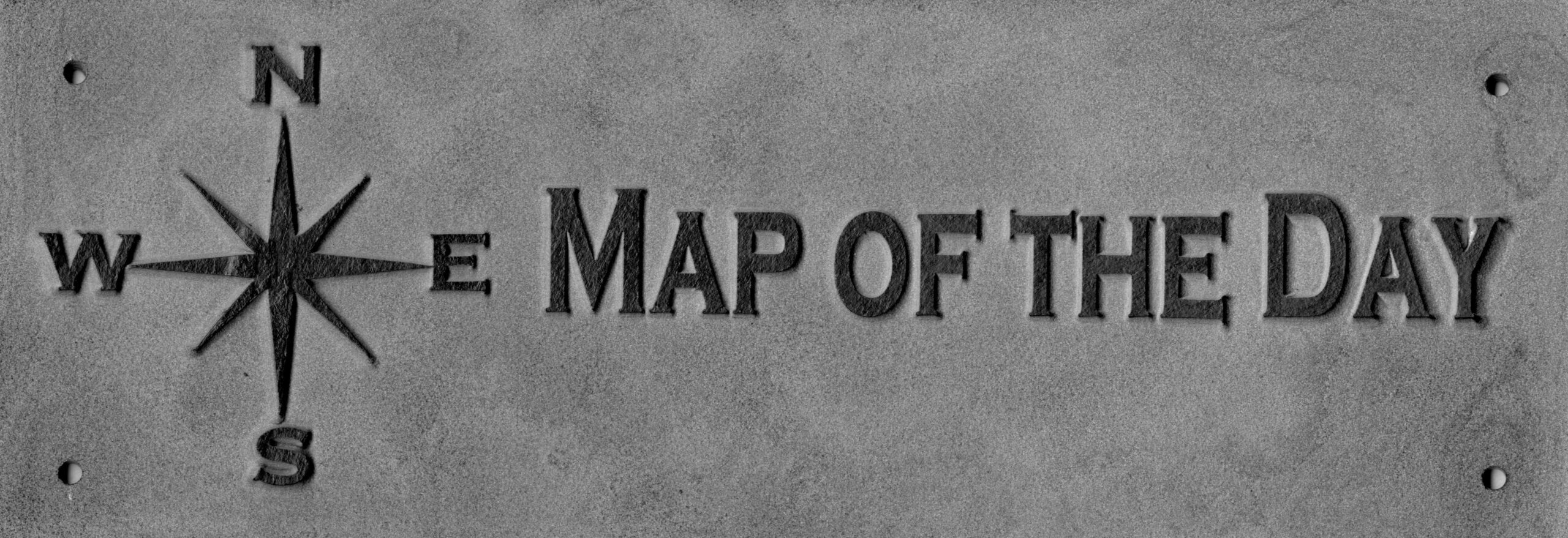Special Collections
Featured Maps! National Parks Worldwide
Theme for the week: National Parks Worldwide
December 6-8, 2017
National Parks provide protection for both land and ingenious animals, in hopes to preserve its natural habitat, as well as creating a space for people to explore, learn, and admire the allure that National Parks have to offer.
Come visit the library’s Map Collection room and appreciate the biodiversity of species, from elephants and hippos in the Queen Elizabeth National Park in Uganda, to the hyenas and Rhinos in the Nairobi Royal National Park in Kenya. Explore the earth’s magnitude of vegetation and life, such as the layout of tussock-land and grassland in New Zealand’s Tongariro National Park, or the exotic trees in Tarangire National Park in Africa, like the 32ft long Sausage Tree and the unique 49ft Umbrella Thorn Tree.
Come to the Map Collection and look for this sign:

Maps
Title: Snowdonia National Park
by Great Britain. Ordnance Survey (1996)
Call Number:MAP G5762.S6 1966 .G7
Title: Royal Chitwan National Park
by Madhab Lal Mahararjan (1989)
Call Number: MAP G7762.R7 1989 .M2
Title: Simen Mountains-Ethiopia, management zones for the National Park and its surrounding buffer area 1:100 000.
by Wildlife Conservation Organisation (1986)
Call Number: MAP G8332.S5G45 1986 .W4
Title: Nairobi Royal National Park
by Survey of Kenya (1958)
Call Number: MAP G8412.N3 1958 .K4
Title: Woody vegetation of the Serengeti National Park
by Dennis J. Herlocker (1974)
Call Number: MAP G8442.S4D2 1974 .H3
Title: Vegetation map of Tongariro National Park, North Island, New Zealand
by I. A. E. Atkinson (1981)
Call Number: MAP G9082.T6D2 1981 .A7
Map Collection: Location and Hours
The Map Collection room is normally open to the public in the basement (Lower Level) of Shields Library, Monday-Friday, 1:00-5:00 pm. However, our hours change around the academic calendar and the holiday season. To see the most accurate schedule, please visit the Map Collection page.
Contact the Special Collections Department for map related questions by email at speccoll@ucdavis.edu or by phone at 530-752-1621.
Post created by Dawn Collings, Patricia Wyley, and Louis Cashatt.